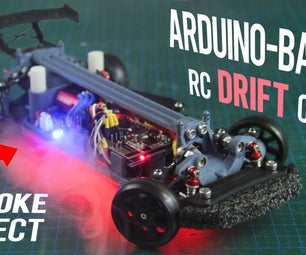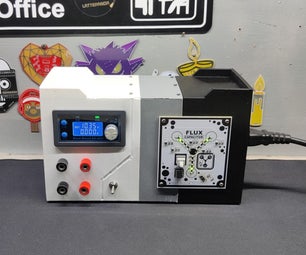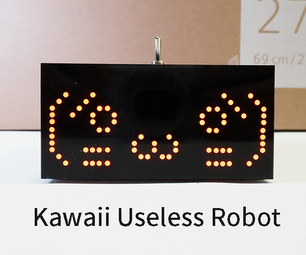Introduction: Windows 10 Virtual Machine
Microsoft touts Hyper V as a solution to helpfully manage and create virtual machines. This was first introduced in Windows 7, and was carried over to Windows 10. Virtual Machines can be helpful in many ways. They can be used for testing of new software and settings, without damaging the host machine. They can also be used for security, because of the "Snapshot" feature, if a machine becomes compromised, it can easily be brought back to a saved state. Lastly, this is very helpful in a server environment, and can save on costs keeping a company from having to have and house many phyiscal servers, and pool their IT resources together.
Step 1: Install Hypver V
The first step in making a Windows 10 Virtual Machine is to install Microsoft Hyper V.
- Click the Windows Start Button and type in Windows features
- Select Turn windows features on or off
Step 2: Select Hyper V From the List
- Select Hyper V from the list.
- Hit "Ok" to reboot the computer.
Step 3: Open Hyper V
Once the computer has rebooted, hit the Windows button and type in "Hyper V" then start the application.
Step 4: Creating a Virtual Machine
Here we see the Virtual machines tab, where you will find all of the virtual machines running on the server/workstation in a top view perspective. You can see details, Cpu usage, and the status of the pc, being on or off.
- In the right hand pane select new, then virtual machine to enter the Virtual Machine Creation Wizard.
Step 5: Follow the Virtual Machine Creator Wizard Instructions.
Step 6: Start the Virtual Machine
- Right click the Virtual Machine and select "Connect."
- Select the green power button in the top left to turn on the PC.
- As the VM Boots, you will want to press any key quickly and repeatedly so that you catch the Bios option "Press any key to continue." If you miss this, turn off the machine and turn it back on via the buttons on the top left.
Step 7: Install Windows 10
Now that the VM is created, we need to install windows. To do this, select the language preferences and hit next.
Step 8: Windows Will Then Be Installed. Patience! This Can Take Some Time and the Machine May Reboot.
Step 9: Finish the Installation
Accept the Terms and Services without reading them (unless you have a few days to waste).
Step 10: Select Custom Installation to Install a New Version of Windows.
Step 11: Choose Windows Settings
Here you can select to customize your windows settings (turning off features, cortana settings, voice recognition) or express to go ahead and take the defaults.
Step 12: Finally!
This screen is where you will select your username and password. Once this has been chosen, you will be booted to your new Virtual Windows 10 Desktop!







